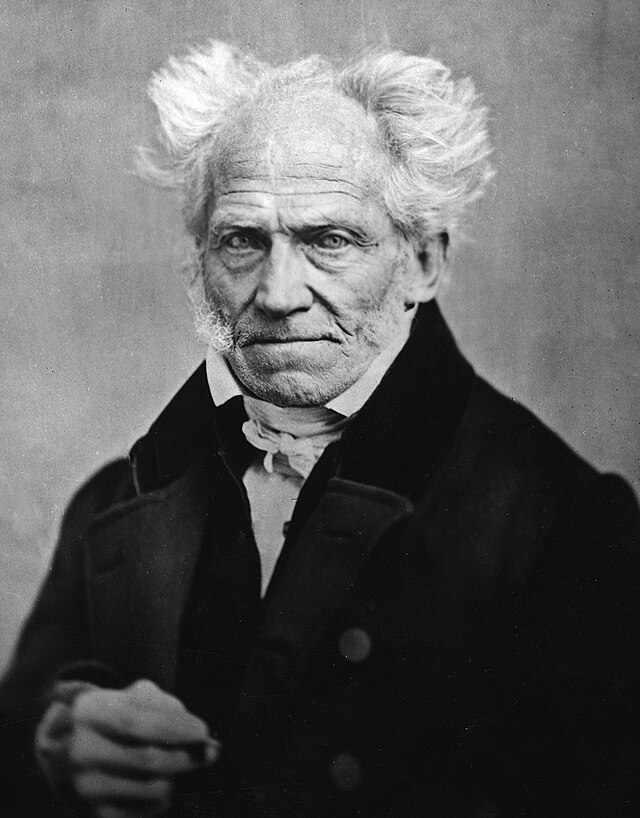Arthur Schopenhauer, known for his deeply pessimistic worldview, left a significant mark on the philosophical landscape of the 19th century with his exploration of human will and suffering. Born in 1788 in Danzig, Schopenhauer’s philosophy revolves around the idea that the will is the fundamental force behind all existence. However, unlike other thinkers who might see will as a positive or rational force, Schopenhauer viewed it as a blind, insatiable drive that perpetuates endless desire and consequently endless suffering.
In Schopenhauer’s eyes, life is a constant pursuit of desires that can never truly be fulfilled. Every time we satisfy one desire, another takes its place, keeping us in a perpetual cycle of dissatisfaction. This, he argued, is the root of human suffering. He believed that our will, which drives us to seek pleasure, power, and fulfillment, is the very thing that traps us in misery.
Schopenhauer’s grim view of life was heavily influenced by Eastern philosophies, especially Buddhism, which also emphasizes the connection between desire and suffering. He proposed that the way to deal with this harsh reality was to try to deny the will as much as possible. By recognizing the futility of our desires and striving to transcend them, we could achieve a state of relative peace and detachment similar to what Buddhism describes as nirvana. Schopenhauer also believed that engaging with the arts, particularly music, could provide temporary relief from the torment of the will, as it allows us to escape the mundane and immerse ourselves in something greater.
His ideas, though dark, resonated with and influenced many later thinkers, particularly Friedrich Nietzsche and Carl Jung. Nietzsche, while eventually moving away from Schopenhauer’s pessimism, was initially inspired by his concept of the will. Nietzsche’s idea of the will to power can be seen as a response to Schopenhauer’s will to live. Instead of viewing the will as a source of suffering, Nietzsche transformed it into a creative and life affirming force. Though he rejected Schopenhauer’s call for resignation and asceticism, Nietzsche acknowledged the profound impact that Schopenhauer’s exploration of the human condition had on his own philosophy.
Carl Jung, the Swiss psychiatrist and founder of analytical psychology, was also influenced by Schopenhauer’s thoughts, especially regarding the unconscious mind. Schopenhauer’s idea of the will as an underlying force mirrors Jung’s concept of the collective unconscious, a shared realm of instincts and archetypes that drives human behavior. Jung appreciated Schopenhauer’s insights into the darker, often hidden aspects of the human psyche and how these unconscious drives shape our actions and experiences. Schopenhauer’s exploration of suffering and the human condition laid the foundation for Jung’s theories on the shadow, the hidden, often troubling aspects of our personality that we must integrate to achieve wholeness.
In a world that often tries to sidestep or ignore suffering, Schopenhauer’s philosophy forces us to confront the harsh realities of life. His deep dive into the nature of the human will and the suffering it brings still resonates with those grappling with the fundamental questions of existence. Schopenhauer’s influence on Nietzsche and Jung shows the lasting relevance of his ideas, which challenge us to face the uncomfortable truths about desire, suffering, and what it means to be human.

